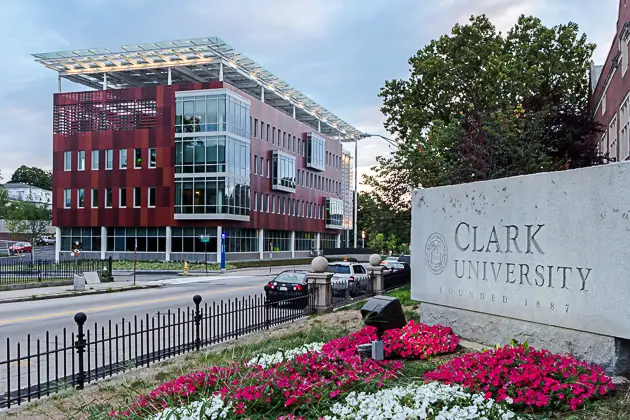Massachusetts-based Clark University is starting the nation’s first graduate certificate in regulatory affairs for the cannabis control field, the school said in a release.
Starting in fall 2019, the online program will educate students on public policy issues involved in the cultivation, distribution, sales, and regulation of adult use and medicinal-use of cannabis.
The program consists of three courses: regulatory models, health and public safety concerns, and stakeholder education and enforcement. It can be completed over a period of two semesters.
“As more states legalize cannabis for either medicinal and or adult use, it is creating challenges for municipal, county and state policymakers who must determine the regulatory implications for their communities and constituents,” John LaBrie, dean of Clark University’s School of Professional Studies, said.
“Our program will give individuals in communities across the nation access to leaders in the field, and an opportunity to use what our legislators have created as a guide when they adopt policies of their own,” LaBrie added.
Students will also gain an understanding of creating public policies on cannabis, as well as the influences of social, medical, economic and legal viewpoints over its use.
Recently, many colleges and universities have started offering programs around the topic of cannabis. Two years ago, Northern Michigan University started a major in medicinal plant chemistry that attracted more than 230 students from across the country.
Stockton University, Oaksterdam University, Cannabis Training University, Clover Leaf University, Trichome Institute, and THC University offer various minors in cannabis studies as well.
In 2017, a National Academies of Sciences, Engineering, and Medicine report urged philanthropic organizations, private companies, public agencies, and others to develop a “comprehensive evidence base” to identify beneficial and harmful effects in both short and long term of cannabis use.
Harvard, MIT Receive $9 Million Gift to Research Cannabis Health Effects

